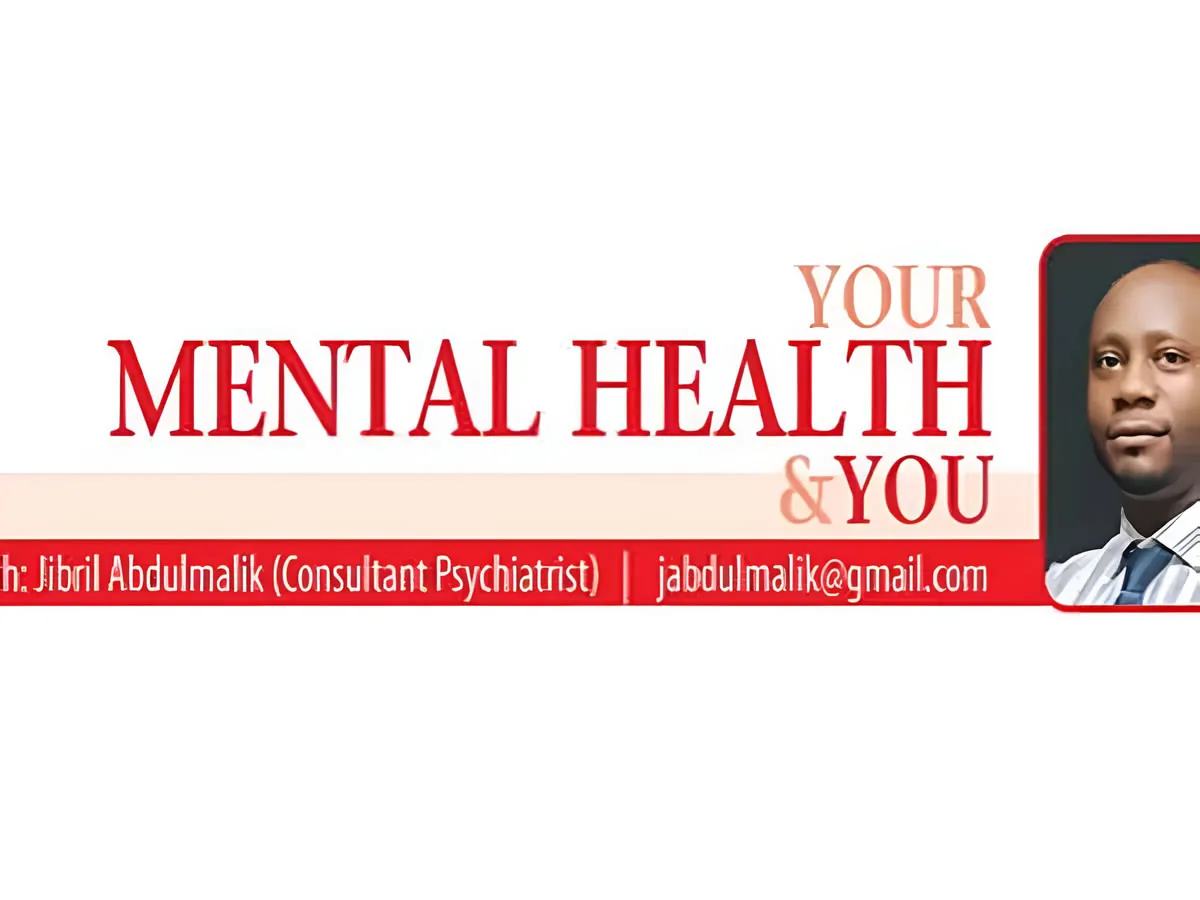By Jibril Abdulmalik
Copyright tribuneonlineng

IN a report by the UN Refugee Agency (UNHCR), it was reported that at the end of 2024, there were 123.2 million displaced people globally. 73.5 million of these individuals were internally displaced persons, 42.7 million were refugees, and 8.4 million were asylum seekers. The UN Refugee Agency raises the alarm that displacement has nearly doubled in the past ten years. This crisis is even more disastrous for children, who make up 29 per cent of the world population but 40 per cent of all forcibly displaced people globally.
Here in Nigeria, the Internal Displacement Monitoring Centre reported that there were 3.4 million internally displaced people at the end of 2024. According to UNICEF, about 1.9 million people are displaced in Northeast Nigeria alone, and sixty per cent of these people are children. Over the past decade, the number of people affected by conflicts, disasters such as floods and droughts, insurgency, artificial disasters, and public crises has increased significantly.
The United Nations Office for the Coordination of Humanitarian Affairs reported that over 1.3 million people were affected by floods in 34 states in Nigeria in 2024. In the fire at Afriland Towers in September 2025, 10 people were reported dead and 25 people were injured. The Ibaji tragic boat accident was also reported to have led to the death of over 30 people, with multiple people missing. The National Human Rights Commission (NHRC) also reported that 278 people were kidnapped in April 2025.
To spotlight the critical need for mental health and psychosocial support (MHPSS) for individuals and communities who have been affected by all these crises, the theme for World Mental Health Day this year is “Access to Services: Mental Health in Catastrophes and Emergencies.” World Mental Health Day, celebrated every 10th of October, is a day for global mental health education and advocacy. This year, the focus is on mobilising support for people who are struggling due to humanitarian crises and emergencies.
Impact of Humanitarian Crises and Emergencies on Mental Health
Crises are often traumatic events that cause people to experience intense fear, uncertainty, and extreme stress. They often experience fatigue, exhaustion, feelings of sorrow, hopelessness, irritability, and anger, and sleep challenges. Another source of emotional distress is grief from the loss of loved ones, identities, and life achievements. This leads to psychological distress among victims, resulting in a mental health crisis for these individuals. Persons who have pre-existing mental health conditions often experience an exacerbation of symptoms, putting them at more risk.
Beyond the trauma of the emergency, individuals are also exposed to socioeconomic stressors. In conflict regions around the world, it is the intense fear and struggle for survival, for personal safety as well as for basic necessities of life. These concerns are often compounded by personal tragedies, loss of loved ones, uncertainties and heightened feelings of vulnerability.
ALSO READ: Police suspend enforcement of vehicle tinted glass permit
All over the world, from the northeast (Boko Haram) to the northwest (bandits) to unknown gunmen in the southeast and kidnappings across north-central and southwest Nigeria, the emotional impact and trauma can be devastating. For people in Gaza, as well as Ukraine, it is the hunger and the uncertainties and the anxiety of where to get the necessities of life. Individuals whose loved ones have been kidnapped are often thrown into financial turmoil by paying ransom. When people are displaced due to conflicts, floods, and other crises, they become financially incapacitated through the loss of their breadwinners and/or sources of income. All these are major stressors that negatively impact people’s mental health.
In many countries like Nigeria, mental health access is already limited, even in normal times. During emergencies, the demand for mental health services exponentially increases without the necessary facilities and human capital to satisfy them. Presently, only two in 10 Nigerians have access to mental health services, representing a treatment gap of 80 per cent. Thus, during emergencies and crises, access to mental health services for the most vulnerable becomes even worse.
Mental Health and Psychosocial Support for All: A Communal Effort
As we commemorate World Mental Health Day, individuals, stakeholders, professionals, and the government must increase their commitment to fostering optimal mental health for all. We must mobilize efforts to provide mental health and psychosocial support for all individuals affected by humanitarian and personal crises. As individuals, we must also create and maintain communities of support for ourselves and people around us.
Collaboration between major stakeholders is important now more than ever. During the Maiduguri Flood crisis, the Asido Foundation partnered with the Centre for Health Ethics, Law, and Development (CHELD), and the Federal Neuropsychiatric Hospital (FNPH), Maiduguri, to provide mental health and psychosocial support to all affected individuals. Collaborations like these, when combined with a robust government implementation of the Mental Health Act and other relevant policies, will improve mental health for all. Happy World Mental Health Day.